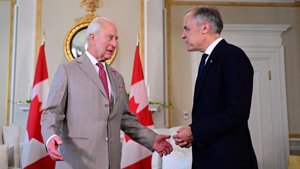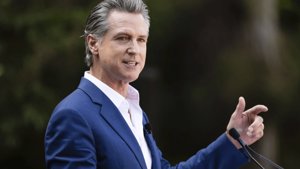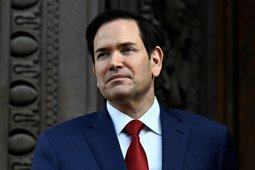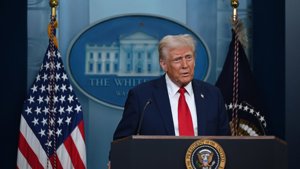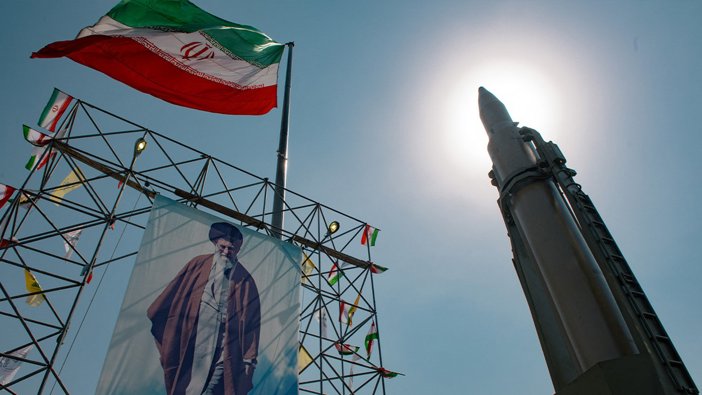
Iran Pursues Nuclear Program Despite Strikes, Expert Says
Despite US and Israeli strikes, Iran continues to pursue nuclear weapons, leveraging diplomacy and restricting UN oversight.
Iran’s Nuclear Program Presses Ahead Despite Heavy Damage
Iran is forging ahead with its nuclear ambitions despite sustaining significant damage to key facilities in recent US and Israeli airstrikes, security experts warn. According to Behnam Ben Taleblu, Senior Director of the Foundation for Defense of Democracies’ Iran Program, the Iranian regime’s main goal remains the development of a nuclear weapon. “Repair, reconstitute and rebuild is going to be the modus operandi of the Islamic Republic of Iran,” he stated, describing how the regime is actively seeking to recover and restore its nuclear capabilities after the attacks on the Fordow, Isfahan, and Natanz sites.
Iranian regime spokesperson Fatemeh Mohajerani confirmed that the three sites suffered “serious damage” but did not detail the extent of the losses or whether enriched uranium and centrifuges were successfully relocated before the strikes. While the Trump administration claimed it had “obliterated” the targeted facilities, Israeli officials say they continue to monitor the situation, remaining cautious about Iran’s next moves.
Experts in both the US and Israel believe that Iran is currently assessing the full impact of the “bunker busting” bombs and is likely to focus on repairing its nuclear infrastructure. Ben Taleblu emphasized that Iran will seek to buy time by manipulating international diplomacy, possibly stalling or reopening negotiations as needed. “No doubt, the regime will still have a diplomatic strategy designed to rope-a-dope anybody, and to find as much time as possible for this government to do that,” he explained.
Diplomacy, IAEA Access, and a Longstanding Nuclear Vision
This week, Iran suggested openness to renewed negotiations with the United States after President Donald Trump indicated talks could begin soon, although Iranian officials downplayed the likelihood of swift progress. At the same time, the regime suspended all interaction with the International Atomic Energy Agency (IAEA), drawing condemnation from the US State Department. Spokesperson Tammy Bruce called the suspension “unacceptable” at a time when Iran had a chance to pursue peace and prosperity.
Security experts argue that limiting IAEA access allows Iran to maintain a bargaining chip in future talks, sow division among its adversaries, and obscure the true status of its nuclear program. “The Islamic Republic of Iran's next step, and likely most dangerous capability right now, is its diplomatic capability,” Ben Taleblu said, warning that the regime is skilled at leveraging negotiations to its advantage while seeking to reestablish its nuclear infrastructure.
Ben Taleblu explained that by restricting monitoring and access, Iran forces other nations to rely more heavily on intelligence, leading to potentially conflicting assessments and greater uncertainty. This approach, he warned, has its roots in the 1980s when Iran’s security doctrine—encompassing its missile, drone, and nuclear programs—was first developed as a deterrence strategy during its war with Iraq.
“By resurrecting this nuclear program, the Islamic Republic was not engaging in a science fair experiment,” Ben Taleblu asserted. “It was seeking an ultimate deterrent because it had a vision for what the region and the world should look like, and it was willing to put foreign policy muscle and the resources of its state behind that vision.”
Despite military setbacks, experts warn that Iran’s decades-long “obsession” with nuclear development is unlikely to waver. US and Israeli officials are expected to maintain close surveillance as Iran adapts, rebuilds, and continues to pursue its longstanding nuclear objectives, with diplomacy remaining a key element of Tehran’s strategic toolkit.

